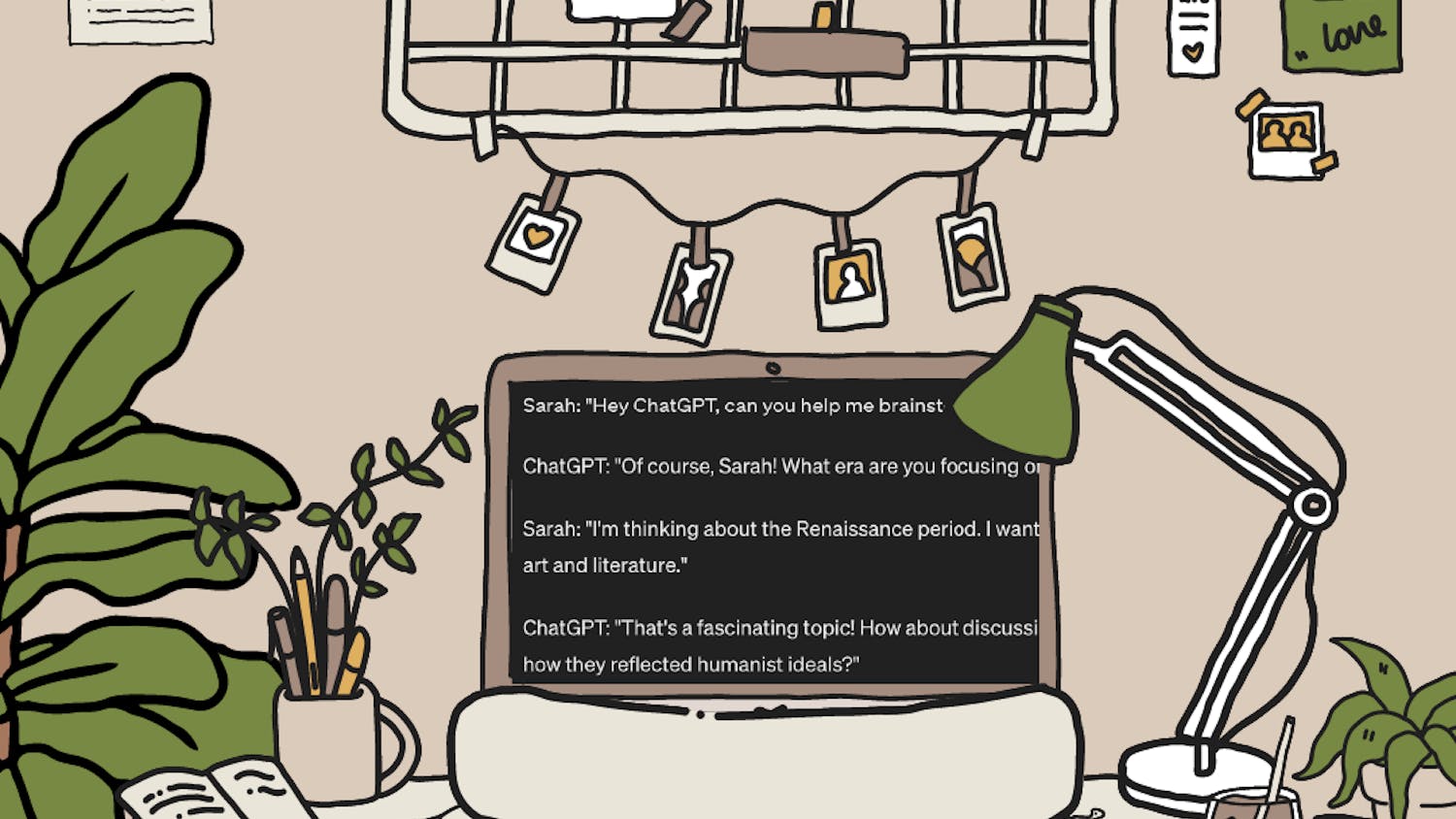U.S. Representative Steve Stivers is hoping to reintroduce legislation that aims to address some problems that could occur as a result of the repeal of net neutrality.
The Open Internet Preservation Act aims to prohibit internet providers from blocking, impairing or degrading lawful internet traffic or content. The bill was originally introduced Dec. 19 after a 3-2 vote in the Federal Communications Commission to repeal the Obama-era net neutrality protections. The bill has stalled in Congress due to both the holidays and the recent government shutdown, Stivers said.
“Unless we do something, internet service providers could be able to block customers from going to legal websites,” Stivers, •R-Upper Arlington, said. “They could also be allowed to throttle customers, or slow them down from the speeds that they think they are going to get.”
Absent from the bill is a prohibition on paid prioritization, which was banned in the original net neutrality regulations. That means internet providers such as AT&T, Cox, Time Warner and Optimum would be allowed to charge websites like Facebook, Netflix and Google for the opportunity to receive faster internet speeds.
“I actually think paid prioritization is something we should look into and see how it works,” Stivers said. “If it works, that might be OK, and if there are abuses we will need to come back and deal with it.”
Stivers said paid prioritization is a concept that allows for a free market system to develop with internet service providers and results in higher numbers of investments in internet infrastructure.
“As ... (conservatives), we are for open markets. We want as much competition available as possible,” Ryan Evans, president of the Ohio University College Republicans, said.
Evans said the bill might not even be necessary, but it could give consumers some peace of mind and calm a lot of fears that they have regarding the recent repeal of the net neutrality regulations.
Once the bill is reintroduced, Stivers said he expects it to pass in the house, but thinks the Senate could block the bill because the Republicans have a slim majority. The bill may not receive bipartisan support because it differs from the original net neutrality regulations.
Ashley Fishwick, president of the OU College Democrats, said the bill needs to do more to protect consumers.
“It doesn’t really matter if they aren’t able to slow other companies down when they can just speed up those who pay for it,” Fishwick said. “This bill is not comprehensive at all."
Because the bill has not had any movement since it was introduced by Marsha Blackburn, R-Tenn., Stivers has been working to garner more support from Democrats.
“Marsha Blackburn and I have been working hard to try and get more Democrats on the bill, and I expect you will see more on the bill shortly,” Stivers said.
Stivers wants to reintroduce the bill soon so the process can begin again with more bipartisan support.






